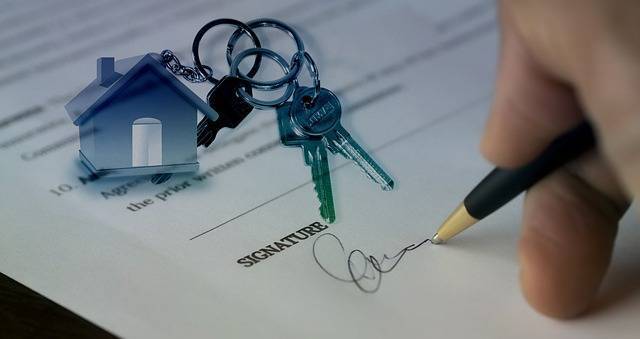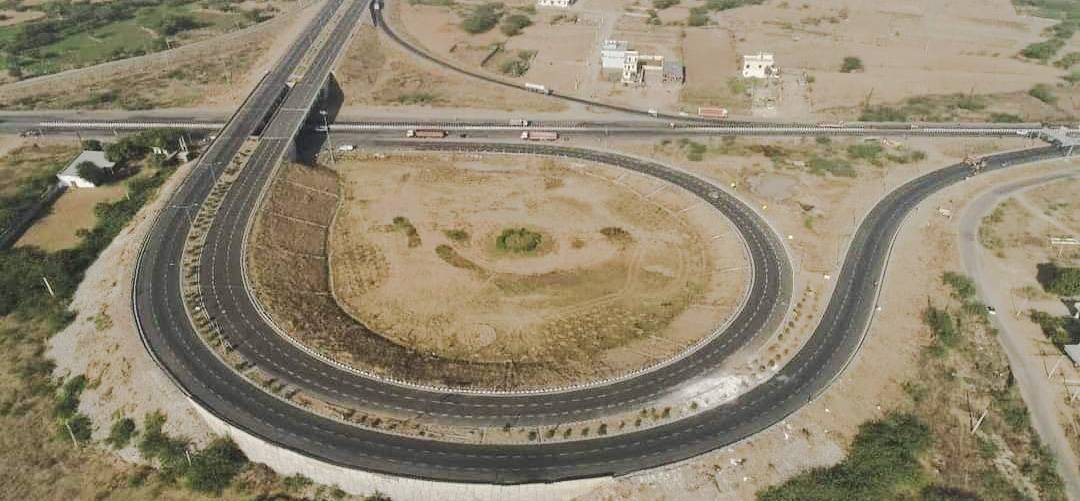Understanding the regulatory framework is essential for real estate agents in India, particularly in adhering to the Real Estate (Regulation and Development) Act, 2016 (RERA). For agents in Delhi, keeping their RERA registration certificates up to date through re-validation and renewal is a crucial step in maintaining compliance. This process not only ensures that agents are aligned with the latest regulations but also allows them to continue their professional activities seamlessly. In this article, we will explore the detailed procedure for re-validation and renewal under Delhi RERA, along with the latest guidelines introduced by the regulatory authority.
Introduction to RERA Registration for Real Estate Agents
The RERA Act mandates that all real estate agents involved in the sale or purchase of properties must register with the respective state’s RERA authority. In Delhi, this requirement is enforced by the Delhi Real Estate Regulatory Authority (Delhi RERA). Upon registration, agents receive a unique registration certificate, which is valid for a specific period. To continue operating legally, agents must ensure that their registration is re-validated or renewed before the expiration of the current certificate.
New Guidelines for Re-validation and Renewal
Recognizing the need to streamline the re-validation and renewal processes, the Delhi RERA has introduced new guidelines. These guidelines provide clarity on several aspects of the re-validation and renewal process, including the duration of re-validation, associated fees, and the treatment of late applications.
Duration of Re-validation
Under the new guidelines, real estate agents in Delhi can now re-validate their registration certificates for up to five years from the date of initial registration. This extended period offers agents greater flexibility and reduces the frequency with which they need to renew their registration.
This five-year re-validation period is particularly beneficial for agents who have established themselves in the market and wish to maintain continuity without the hassle of frequent renewals. By opting for the maximum allowable duration, agents can focus more on their business operations and less on administrative tasks. However, it is essential for agents to be proactive in managing their registration status, as missing the renewal deadline could lead to unnecessary complications.
Application Process
To initiate the re-validation process, agents are required to submit an application one month before the expiration date of their current registration. This application must be accompanied by proof of the extension of the lease for their business premises. This ensures that the agent’s place of business remains in compliance with RERA regulations.
The requirement to provide proof of an extended lease underscores the importance of maintaining a stable business location. A consistent place of business not only aligns with regulatory expectations but also fosters trust among clients. Agents should ensure that their lease agreements are up-to-date and that any changes in business premises are promptly communicated to the RERA authority.
In situations where the agent does not have an extended lease at the time of application, they can still proceed with the re-validation process by paying a processing fee of Rs. 5,000 (Rupees Five Thousand only). This fee is designed to cover the administrative costs associated with processing the application. Agents are advised to factor this fee into their financial planning to avoid any delays in the re-validation process.
Late Application Considerations
The Delhi RERA has also made provisions for agents who may not be able to submit their re-validation application within the stipulated time frame. The Authority will consider late applications made before the expiry of the registration's validity, provided that an additional late fee is paid. The late fee structure is as follows:
- For Individuals:
- Rs. 1,000 if the application is submitted 61 to 90 days before the expiry of the registration.
- Rs. 2,000 if submitted 31 to 60 days before expiry.
- Rs. 5,000 if submitted 16 to 30 days before expiry.
- For Entities[Real Estate Agencies, Brokerage Firms etc.] Other Than Individuals:
- Rs. 2,000 if the application is submitted 61 to 90 days before the expiry of the registration.
- Rs. 4,000 if submitted 31 to 60 days before expiry.
- Rs. 10,000 if submitted 16 to 30 days before expiry.
These provisions allow agents some flexibility in managing their renewal timelines, ensuring that minor delays do not lead to the invalidation of their registration. It is important to note that the cost of late applications increases as the expiration date approaches, which serves as an incentive for agents to adhere to the recommended timeline. Failing to do so could result in significant financial penalties, as well as the potential for a lapse in registration status, which could disrupt business operations.
Renewal Beyond Five Years
For agents who need to renew their registration beyond the five-year re-validation period, the application must be made as per the provisions of the RERA Act and the Rules established by the Delhi RERA. This renewal process is more comprehensive, and agents must ensure that they comply with all requirements to avoid disruptions to their business operations.
The process for renewal beyond five years may involve additional documentation and scrutiny from the RERA authority. Agents should be prepared to provide detailed records of their activities during the previous registration period, including proof of compliance with RERA guidelines. Maintaining thorough and accurate records throughout the registration period can simplify this process and demonstrate the agent’s commitment to regulatory compliance.
Consequences of Failing to Apply on Time
The Delhi RERA guidelines are clear about the consequences of failing to apply for re-validation or renewal within the stipulated time frame. Agents who do not submit their applications at least 15 days before the last date of validity of their registration will be required to submit a fresh application in Form ‘G’ for a new registration. This process includes the payment of the requisite fee and may involve additional scrutiny from the Authority.
A lapse in registration can have serious implications for an agent’s business. Not only does it mean the agent must go through the entire registration process again, but it could also result in a temporary halt to their operations. Clients may lose confidence in an agent who is not consistently registered, leading to a loss of business opportunities. Therefore, timely submission of re-validation and renewal applications is not just a matter of compliance, but also a crucial aspect of maintaining business credibility and continuity.
Conclusion
The re-validation and renewal of RERA registration certificates are essential processes for real estate agents in Delhi. By adhering to the guidelines set forth by the Delhi RERA, agents can ensure that they remain compliant with the law and continue to operate without interruptions. The new guidelines introduced by the Authority provide much-needed clarity and flexibility, making it easier for agents to manage their registrations effectively.
For those navigating the complexities of RERA compliance, it is advisable to stay informed about any updates to the regulations and to plan the re-validation or renewal process well in advance of the registration’s expiration date. This proactive approach will help avoid any last-minute complications and ensure the smooth continuation of their real estate activities.
Image source- reraconsultants.









.png)